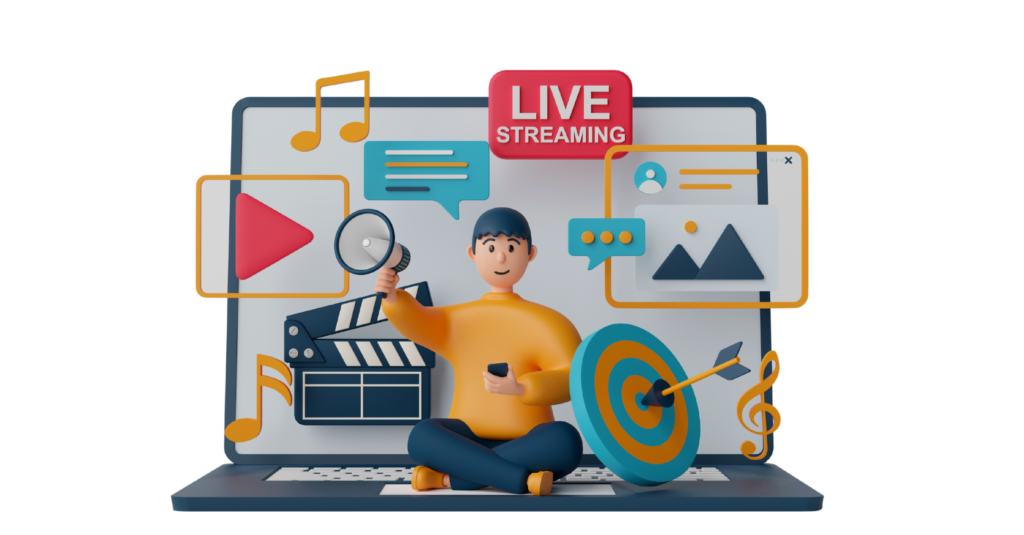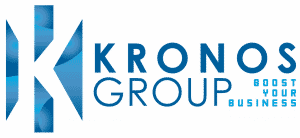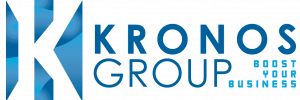Summary In the contemporary business environment, digital procurement is becoming increasingly popular and sought after by businesses around the world. The relationships …
Step-by-step guide to an effective digital procurement strategy
What is the process of implementing an effective digital procurement strategy?
Most of the time, procurement has largely been neglected and has not received the same level of attention as sales, marketing, service, and other departments or sectors—which stresses the need for a procurement strategy that incorporates technology to get the best outcomes.
This is the process that must be followed for such a strategy:

Plan out the strategy and outline the available resources
Developing a plan with your firm’s present resources will allow the business to make the best out of what is available and realign processes towards efficiency.

Communicate with stakeholders and get their input
Internal stakeholders know processes the best and will be able to give you the best feedback on process bottlenecks—enabling higher efficiency and motivation of employees.

Research ways that digital transformation can be integrated
Identifying measures that will make processes simple, efficient and productive. This can be done by studying production processes that are repetitive and monotonous.
Outline the financial availability and draw up a budget
With the processes to be implemented in mind, you should evaluate your financial availability. This allows you to adjust the budget for smooth implementation.

Implement a test run and time frame for adoption
Doing a test run on the new procurement process will enable you to discover the impact of the digital procurement strategy and the time needed to adopt it fully.

Get reviews and feedback from stakeholders on the test run
Reviewing processes after the test drive and getting first-hand feedback from process handlers will allow firms to gauge the reaction to automated processes better.

Launch the digital transformation management strategy
If employees can adopt digital processes and adapt to them, it gives the green light for firms to automate tasks like approvals, customer service, and supplier selection.

Evaluate the management strategy for the long run
Digital processes are always changing for efficiency and simplicity. Evaluating process quality, clarity, and costs is vital for optimal transformation and longevity.
The impact of a digital procurement strategy
In the face of fierce competition, disruptive environments, cascading economic conditions, increasing power for globalisation, and growing consumer needs and demands, the need for digital procurement is vital for process innovation and simplification.
Data has shown that 76% of firms are investing in supply chains and automation technologies to streamline their procurement processes. Overall, businesses are going to be able to enhance communication, increase quality, optimise resource allocation and costs, and safeguard profit levels with these initiatives.
The ultimate aim of procurement digitalisation is to create and add value at every stage of the hierarchy. It allows operations to be streamlined—reducing the plight of opportunity costs and improving efficiencies, accuracies, and stakeholder satisfaction.
Procurement digitalisation has a direct impact on the following:

Effective financial management
Procurement processes will enable your firm to lower overheads through better and widened stakeholder bases and enable workflow conversion to automation—increasing quality and reducing errors, resulting in better financial management and lowered wastage.

Efficiency and accuracy
A procurement strategy will result in a build-up in quality and time management. A business can respond to other organisational operations, increase service provision, curate methods for stakeholder management and develop better business strategies as a result.

Competitive advantage
82% of highly digitalised companies succeed with value creation. Digitalisation makes a business stand out from competitive pressure and power—allowing a business to gain a competitive advantage through unique selling points and meeting stakeholder demands.
Get assistance from Kronos Group for an effective digital procurement strategy
Kronos Group’s expertise in providing consulting services for digital transformation management has been recognised in Europe and across the world.
We have experience in helping businesses reach new avenues and achieve objectives that result in optimised strategies, processes, and technologies to achieve their procurement transformation goals.
Let us assist you in diving into digital transformation management to streamline operations and achieve set objectives through the implementation of an effective procurement strategy.

Fighting the effects of inflation with sourcing and procurement consultants
Stay up-to-date on the latest insights on procurement, finance, and project management.
Summary Strategic procurement has become a necessity in today’s business world and organisations try to remain competitive. Having the right procurement strategies …
Summary The world of consulting has been undergoing a massive transformation and management consulting jobs are experiencing the impacts of these changes. …
FAQ
There are a few common types of procurement strategies that can be adopted by businesses. The three most impactful strategies are—supplier management and optimisation, risk management, and cost reduction.
Digital procurement involves the use of digital technologies such as data analytics for the improvement of procurement processes and outcomes. It aims to simplify processes in a centralised and integrated foundation to improve them, change cultures and stakeholder relationships, achieve organisational objectives, and scale customer experience.
There are four main digital processes involved in e-procurement, these are—sourcing, stakeholder management, evaluation and contract management.













